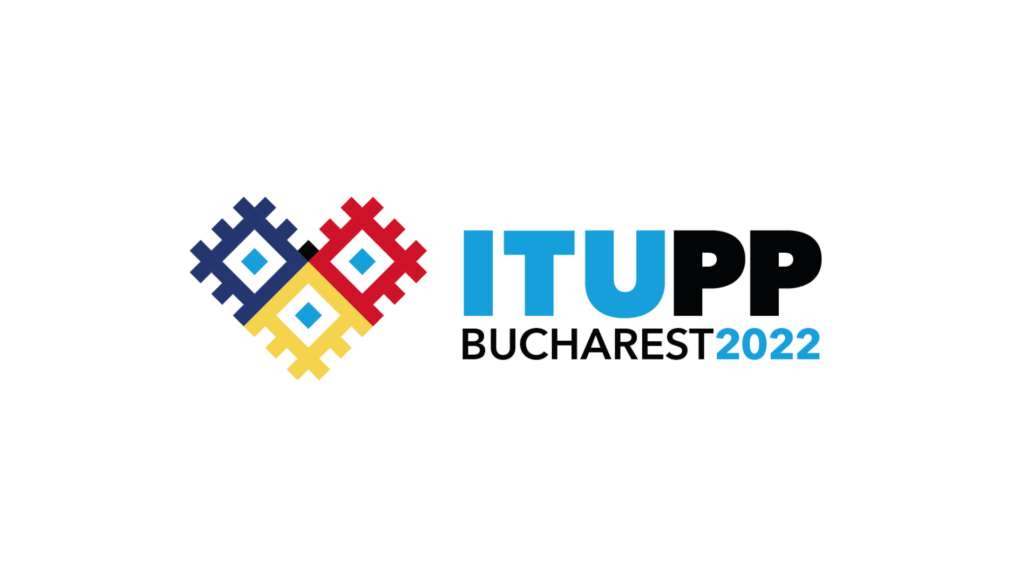

From 26 September to 14 October, the International Telecommunications Union (ITU) has been holding its Plenipotentiary Conference (PP-22), which occurs every four years. Week two of PP-22 concluded on 8 October and saw several notable developments as Member States sought to finalise several key resolutions on various issues. We have identified some of these critical discussions and evaluated their most notable aspects.
Cybersecurity:
Draft Resolution 130 on strengthening the role of the ITU in building confidence and security regarding the use of information and communication technologies has suffered significant progress delays, having only completed its second reading by the end of week two. A recurring theme in the discussions is the extent of the ITU’s proposed mandate in furthering developments. While Member States agreed that, in general, the promotion of measures towards the protection of ICT and telecommunications infrastructure is in the interests of society, they failed to agree on exact measures. This includes disputes regarding whether exact technical and organisational security measures should be included in the Resolution. In further illustration of the lack of consensus on specific security measures, a proposal on the establishment of cybersecurity assurance labs towards harmonisation of security standards did not reach a consensus. This proposal, along with many other proposals towards the development of standards, measures, and recommendations to Member States, was instead referred to the ITU-D.
Space Issues:
The two primary space issues up for discussion in week two were Article 48 of the ITU Constitution and space sustainability. Article 48 grants Member States the freedom to construct and operate military radiocommunication installations, attaching obligations in this regard.
Week two concluded with Member States achieving consensus on an ad hoc new draft Resolution for Article 48. This draft Resolution is set to be submitted to COM 5 for approval.
One remaining concern is clarifying commitments made by an administration invoking Article 48 of the ITU Constitution. In this regard, frequencies allocated exclusively for the use of military installations should comply fully with Article 48. The Radiocommunication Bureau may request at any time clarification from a Member State as to whether the frequency assignment complies with Article 48 obligations.
Concerning space sustainability, an informal group of interested delegations continued the consultation on the proposed resolutions. The most contentious issue between Member States is the alleged interference and other harms associated with increased use of shared spectrum and orbital resources, with some Member States unable to settle on what is meant by ‘harms’ and ‘issues’. More neutral language was proposed to ensure the long-term sustainability of the Earth orbit environment and equitable access to the NGSO orbit. However, as of the end of week two, this matter remains unresolved due to some Member States requesting that the matter be referred to WRC-23 instead.
Artificial Intelligence:
Member States agreed to draft a new Resolution on AI while being cautious of duplicating prior work and maintaining the mandate of AI in relation to ICTs and the Sustainable Development Goals. Recognition was also given to the ITU-T study group’s ongoing work in AI.
Discussions regarding this draft Resolution raised concerns about overreaching the mandate of the ITU. The idea of raising awareness regarding the economic and social impact of AI was contentious as various other multilateral organisations are already undertaking work towards these goals. Some Member States want the ITU to play a more significant role in the field of AI.
Conclusion:
The overall goal for week two of PP-22 was to finalise the discussions held in ad hoc and informal groups as week three has been reserved for Committees and Plenary sessions in the finalisation of the accepted resolutions. This has mostly been achieved, with two exceptions: cybersecurity and internet governance. Other groups that have finalised the ad hoc group stage have square brackets in agreed drafts, which indicates that certain language has not been agreed upon. In the final week, these are destined to be discussed again. Access Partnership will continue to monitor the progress of the sessions through week three and will remain apprised of both the adopted final resolutions and those referred to WRC-23 and other ITU events.
